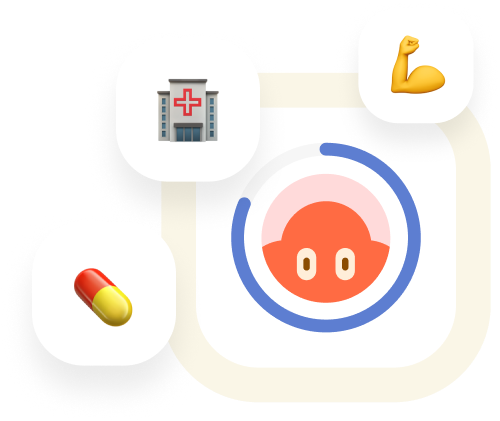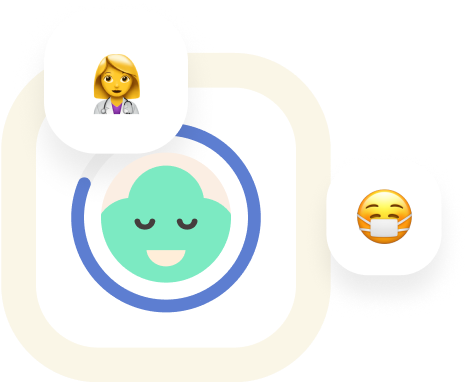Join a Community That Understands You
Get answers from those who share your health journey



A_Goth_Moth's Post
A_Goth_Moth
Updated 1y ago
Undiagnosed and Rediagnosed: What Does It Mean?
Can you help? Connect today
st0ned_aquarius
2y
A_Goth_Moth
2y
taconado
2y
mynewfriend
2y
The content in this post is not intended to be a substitute for professional medical advice, diagnosis, or treatment. Always seek the advice of your physician or other qualified health provider with any questions you may have regarding a medical condition.

Free unlimited access
to all community content

Find others who are
medically similar to you

Pose questions and join
meaningful discussions
Alike is a transformative platform that goes beyond just bringing together patients; it meticulously connects individuals based on multiple critical factors, such as age, gender, comorbidities, medications, diet, and more, fostering a community of knowledge, support and empathy.
© 2020-2024 Alike, Inc